In the following sequence of reactions, products (A) to (H) are formed:
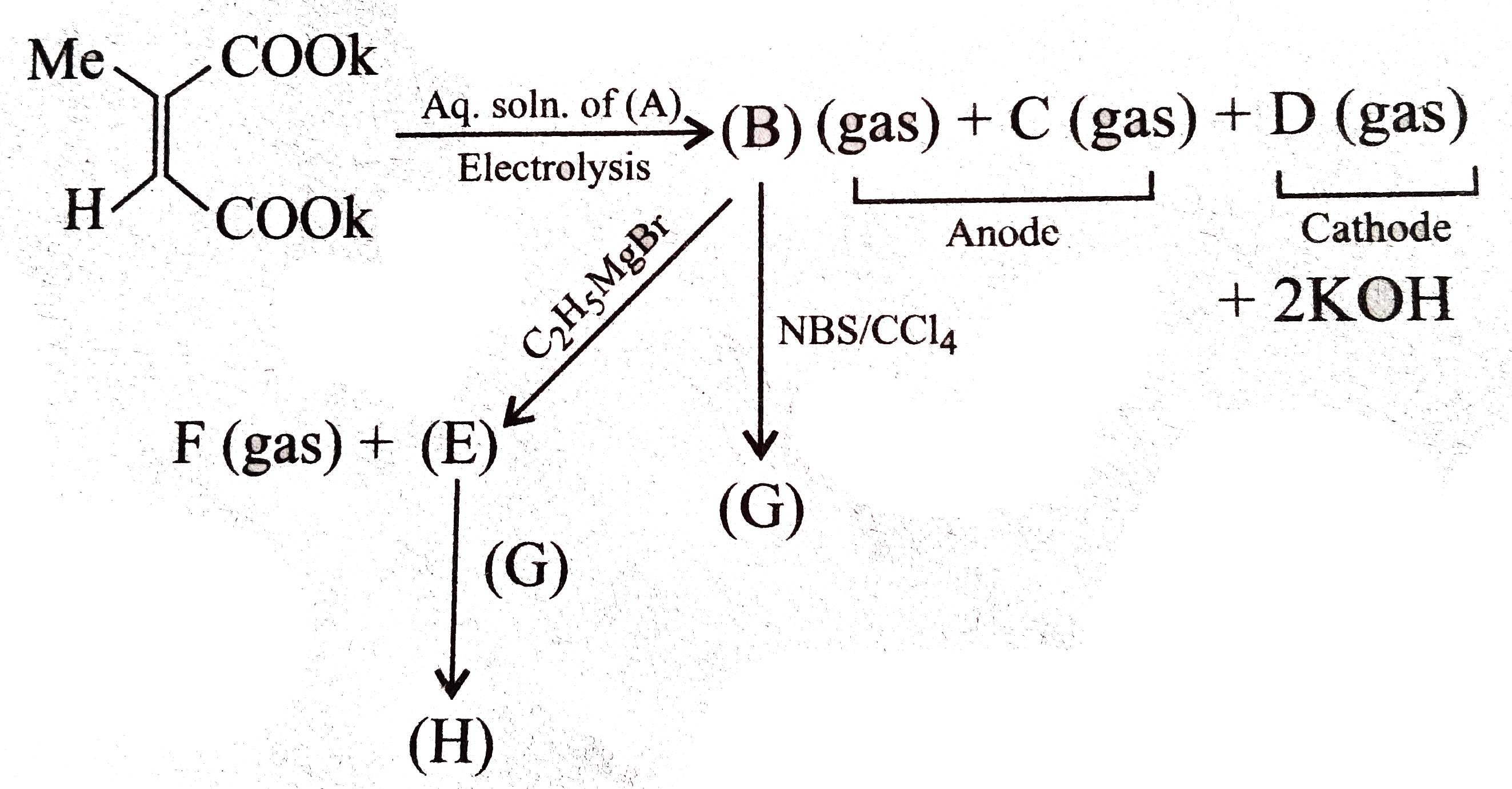
The gases (B), (C), and (D), respectively, are:
A
67.2 litres
B
68.1 litres
C
73.2 litres
D
74.1 litres
Video Solution
Text Solution
The correct Answer is:D
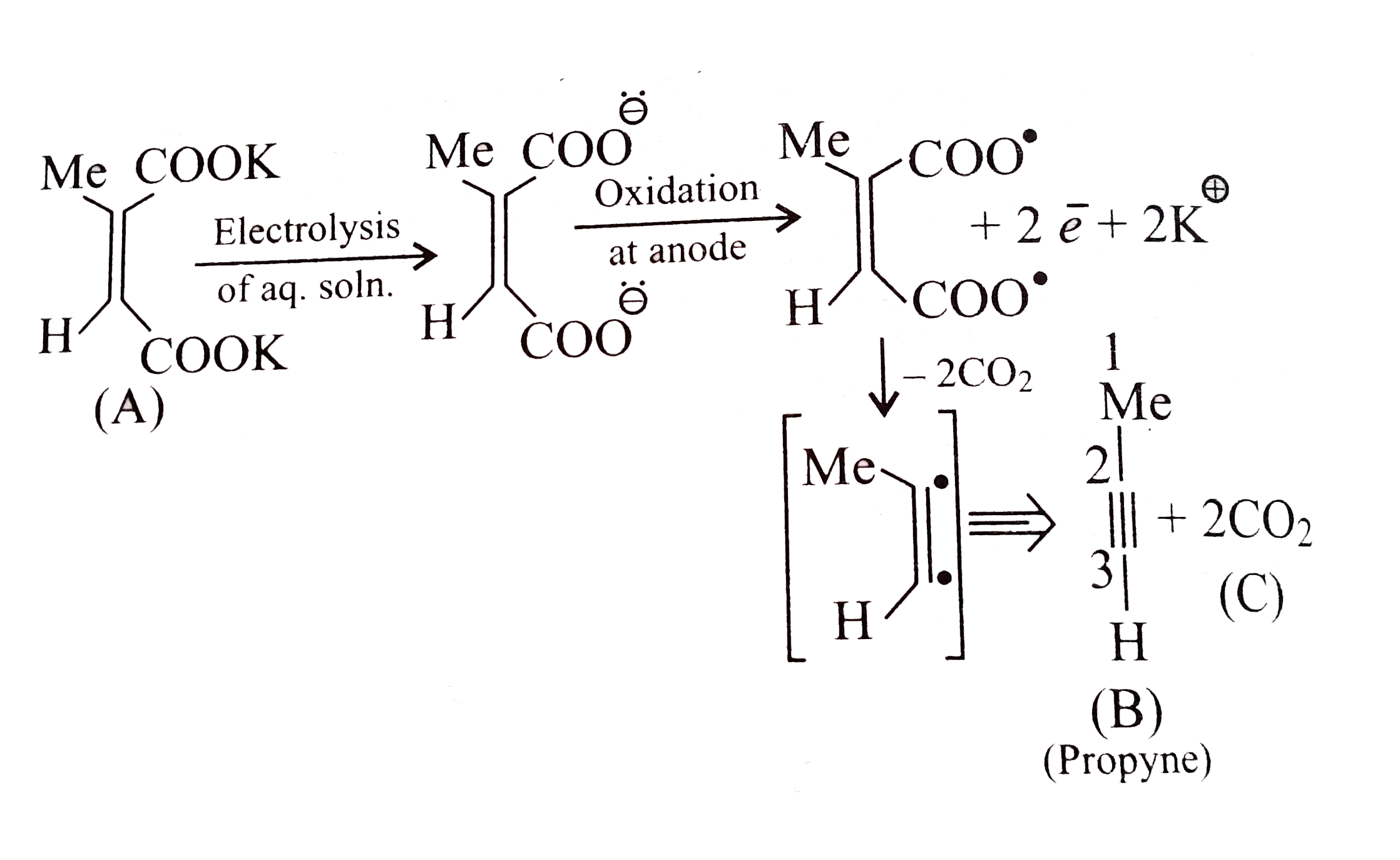
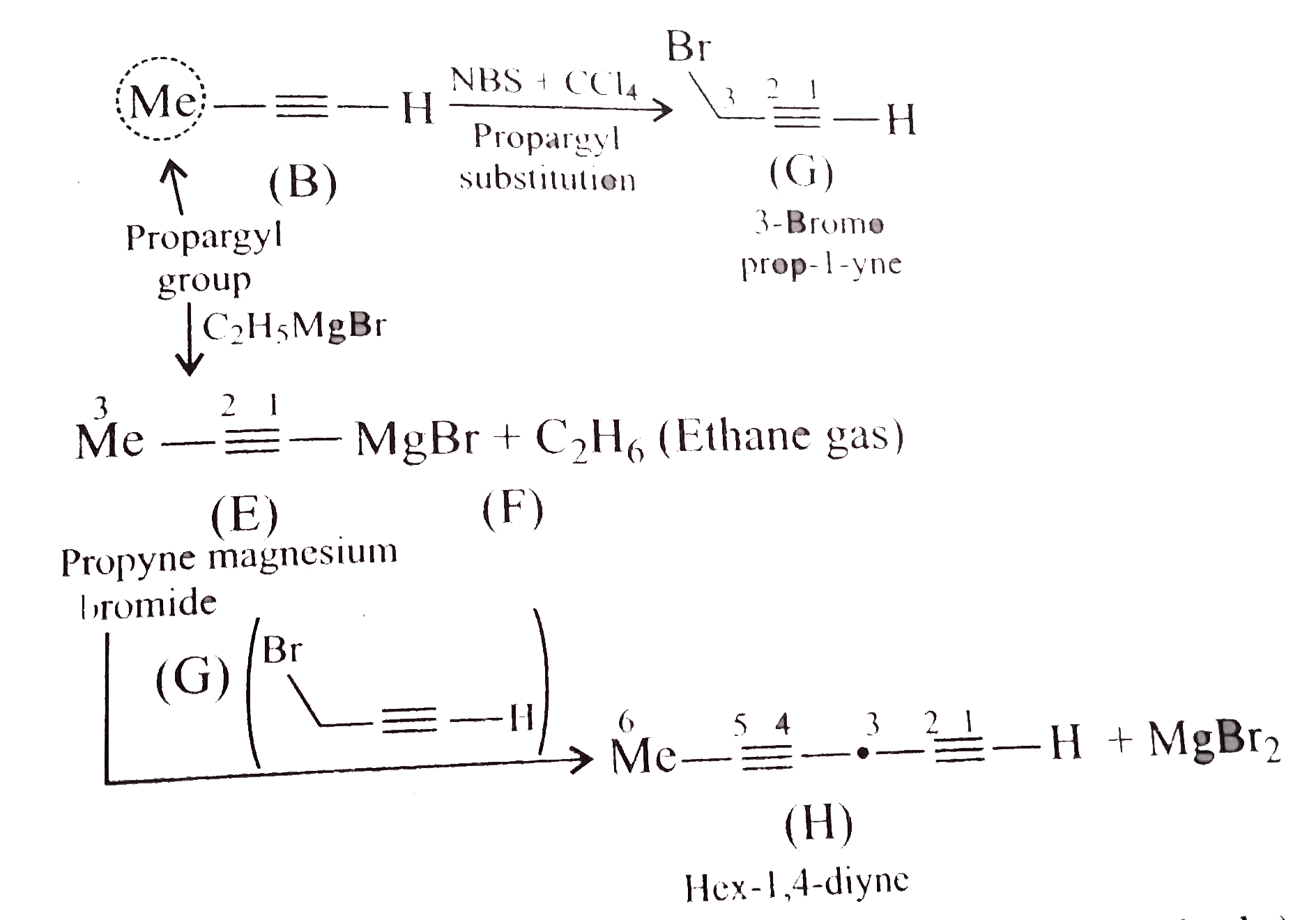
Reduction of H2O takes place at cathode since reduction potential of H2O> reduction potential of K⊕ ions.
At anode 2 mole of CO2 + 1 mol of propyne gas is obtained by 2 faraday (since two ¯e are produced).
2 faraday ⇒ 3 mol of gases under standard conditions (1 bar, 298K)
⇒3×24.7 litres =74.1 litres
So the answer is (d).
|
Topper's Solved these Questions
- ALKYNESBOOK - CENGAGE CHEMISTRYCHAPTER - ALKYNESEXERCISE - Exercises (Multiple Correct Answers Type)
25 Videos
- ALKYNESBOOK - CENGAGE CHEMISTRYCHAPTER - ALKYNESEXERCISE - Exercises (Single Correct Answers Type)
30 Videos
- ALKYNESBOOK - CENGAGE CHEMISTRYCHAPTER - ALKYNESEXERCISE - Exercises (Subjective Type)
31 Videos
- ALKENES AND ALKADIENESBOOK - CENGAGE CHEMISTRYCHAPTER - ALKENES AND ALKADIENESEXERCISE - Single correct Answer
14 Videos
- APPENDIX - INORGANIC VOLUME 1BOOK - CENGAGE CHEMISTRYCHAPTER - APPENDIX - INORGANIC VOLUME 1EXERCISE - chapter-7 Single correct answer
1 Videos
Similar Questions
Knowledge Check
In the following sequence of reactions, products (A) to (H) are formed:

Compound (B) is:A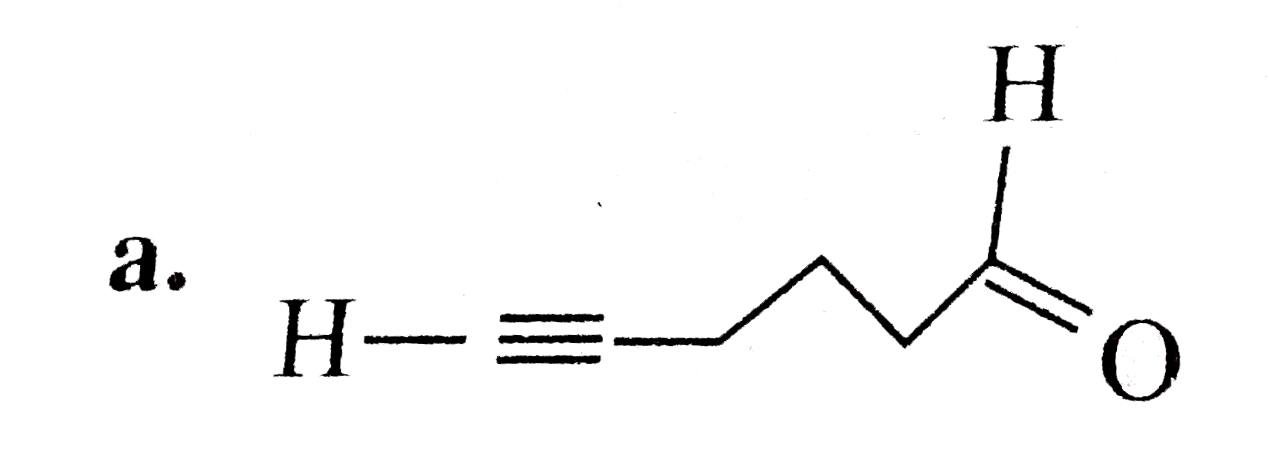 B
B C
C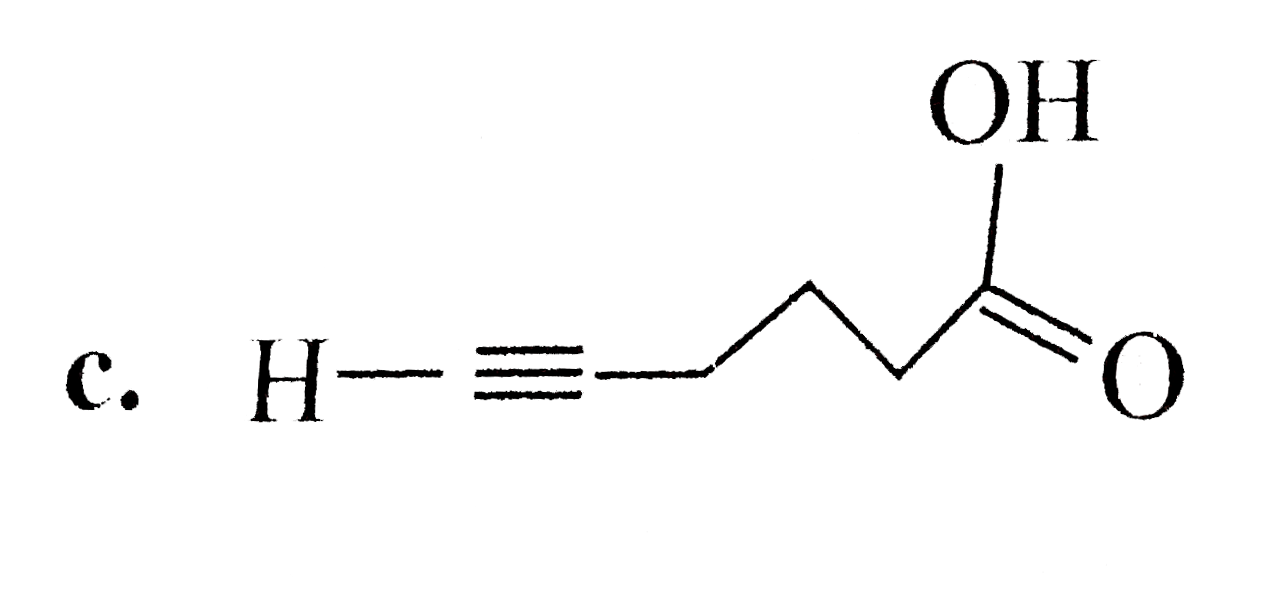 D
D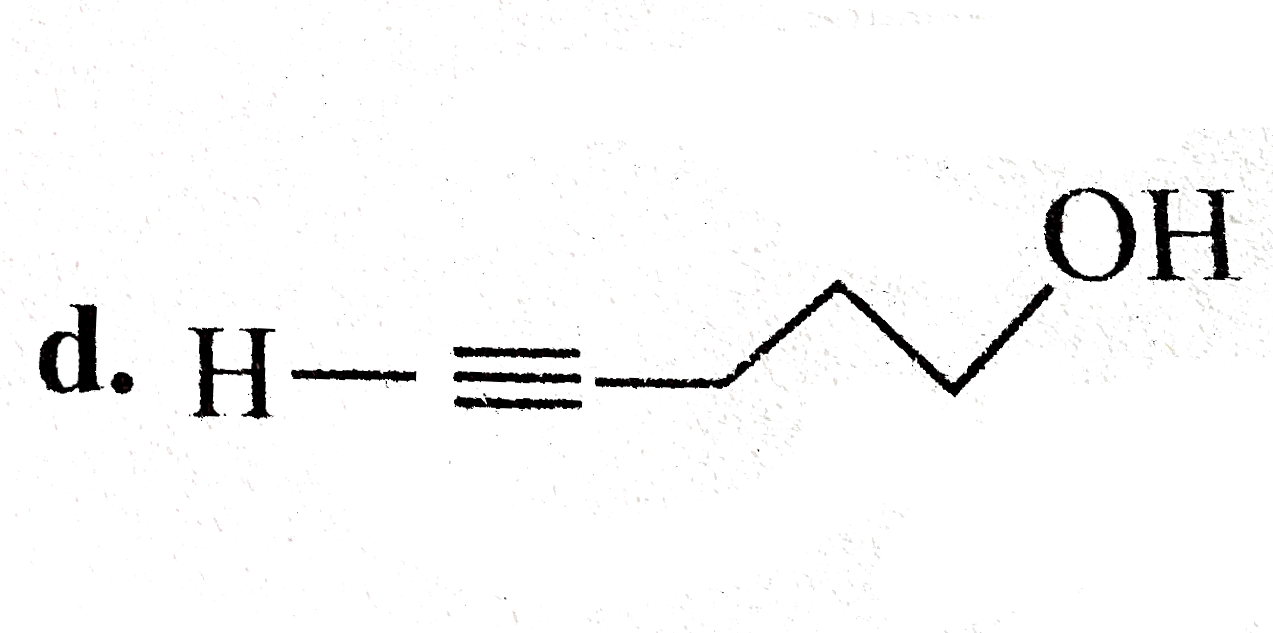
In the following sequence of reactions, products (A) to (H) are formed:

Compound (D) is:A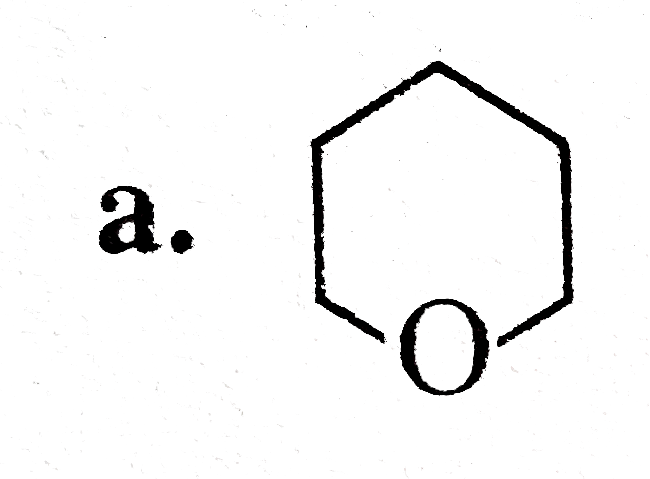 B
B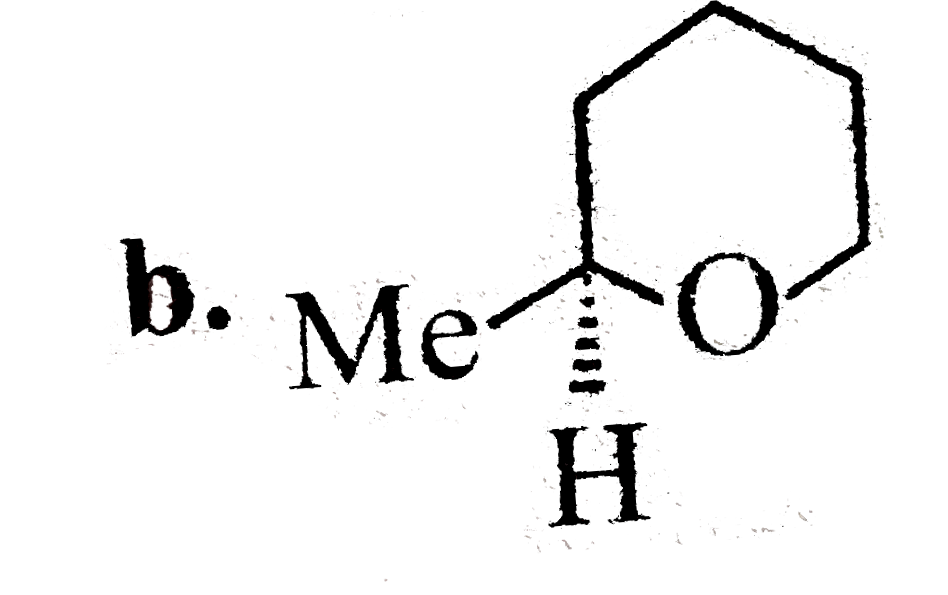 C
C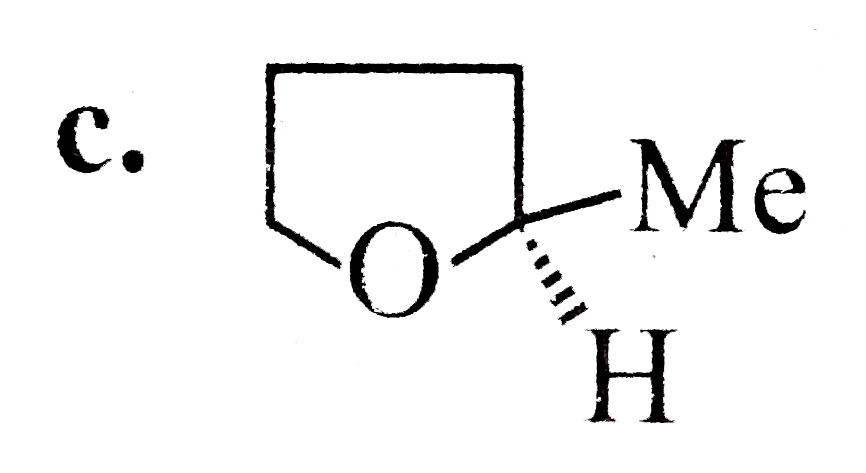 D
D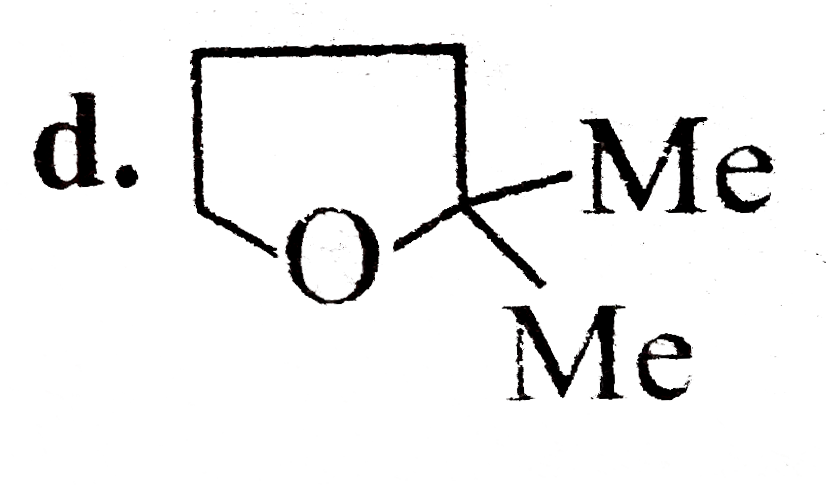
In the following sequence of reactions, products (A) to (H) are formed:

Compound (C) is:A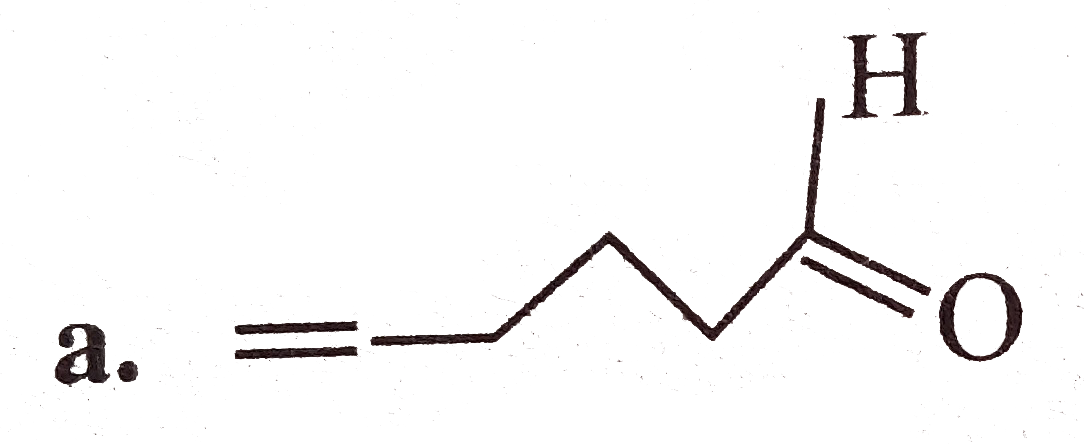 B
B C
C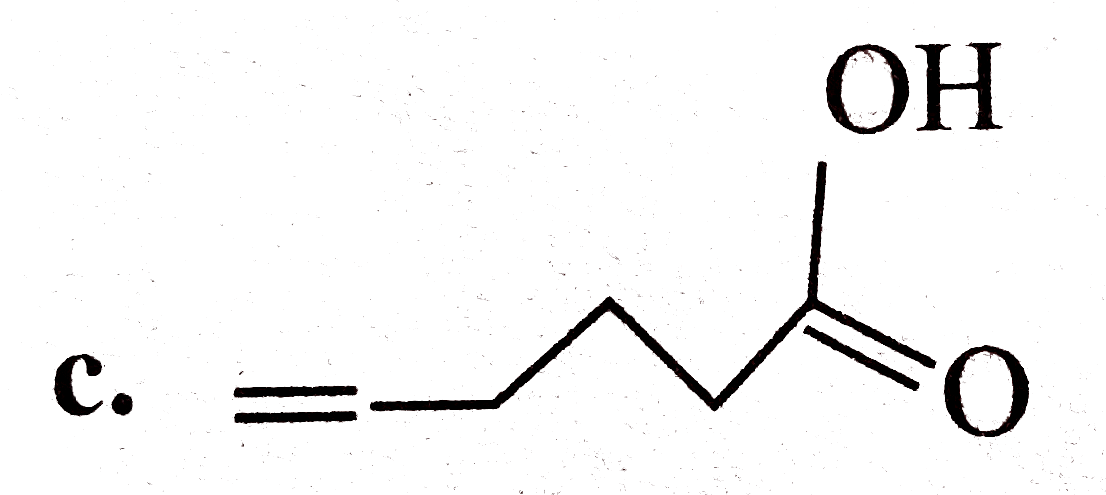 D
D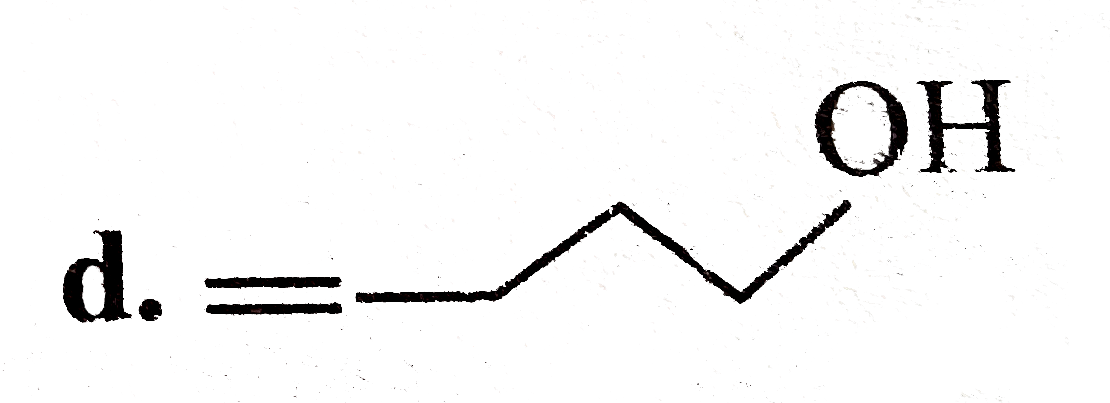
In the following sequence of reactions products (A) to (H) are formed.
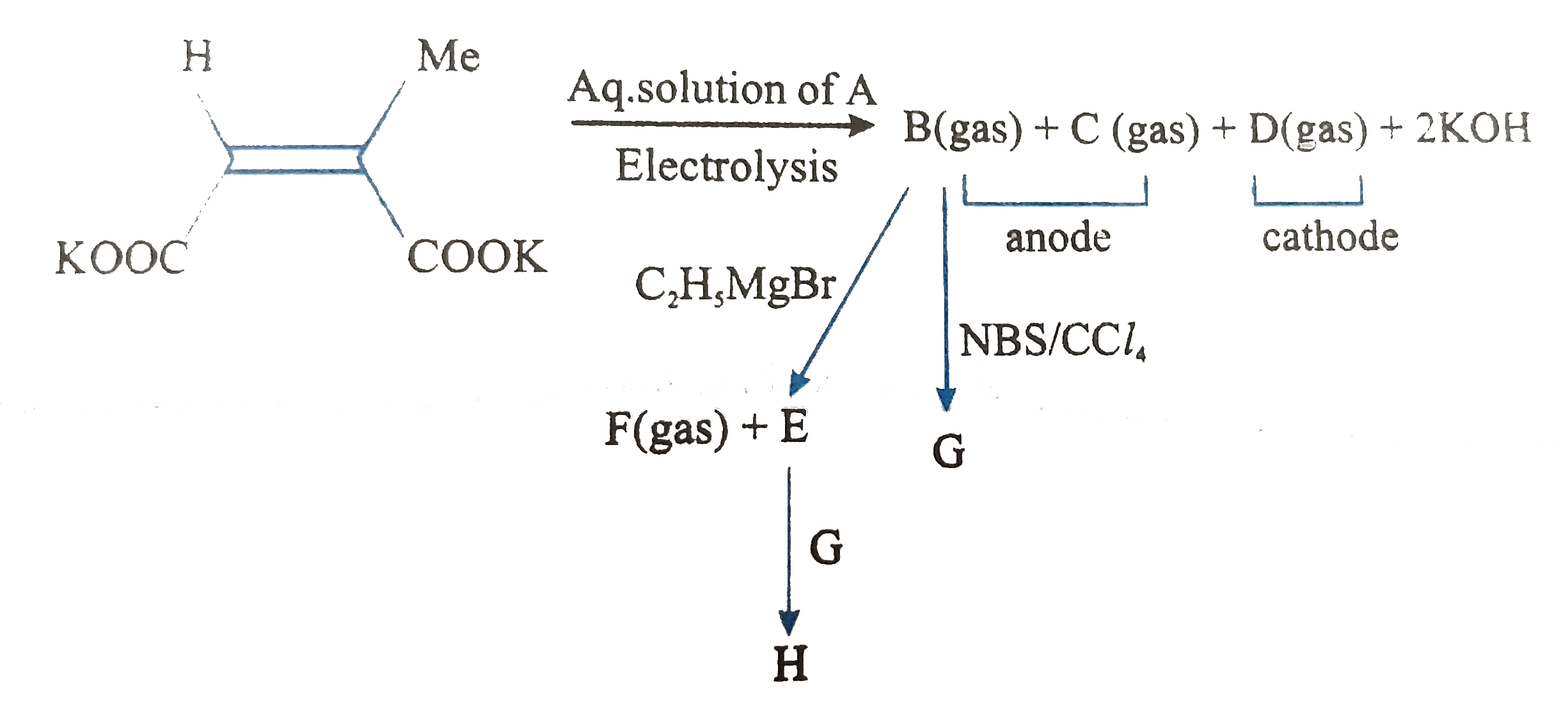
Q. Compound F is
View SolutionIn the following sequence of reactions, products (A) to (H) are formed:

Compound (G) is:
View SolutionIn the following sequence of reactions, products (A) to (H) are formed:

Compound (F) is:
View SolutionIn the following sequence of reactions products (A) to (H) are formed.

Q. Compound G is
View SolutionIn the following sequence of reactions, products (B) to (E) are formed:
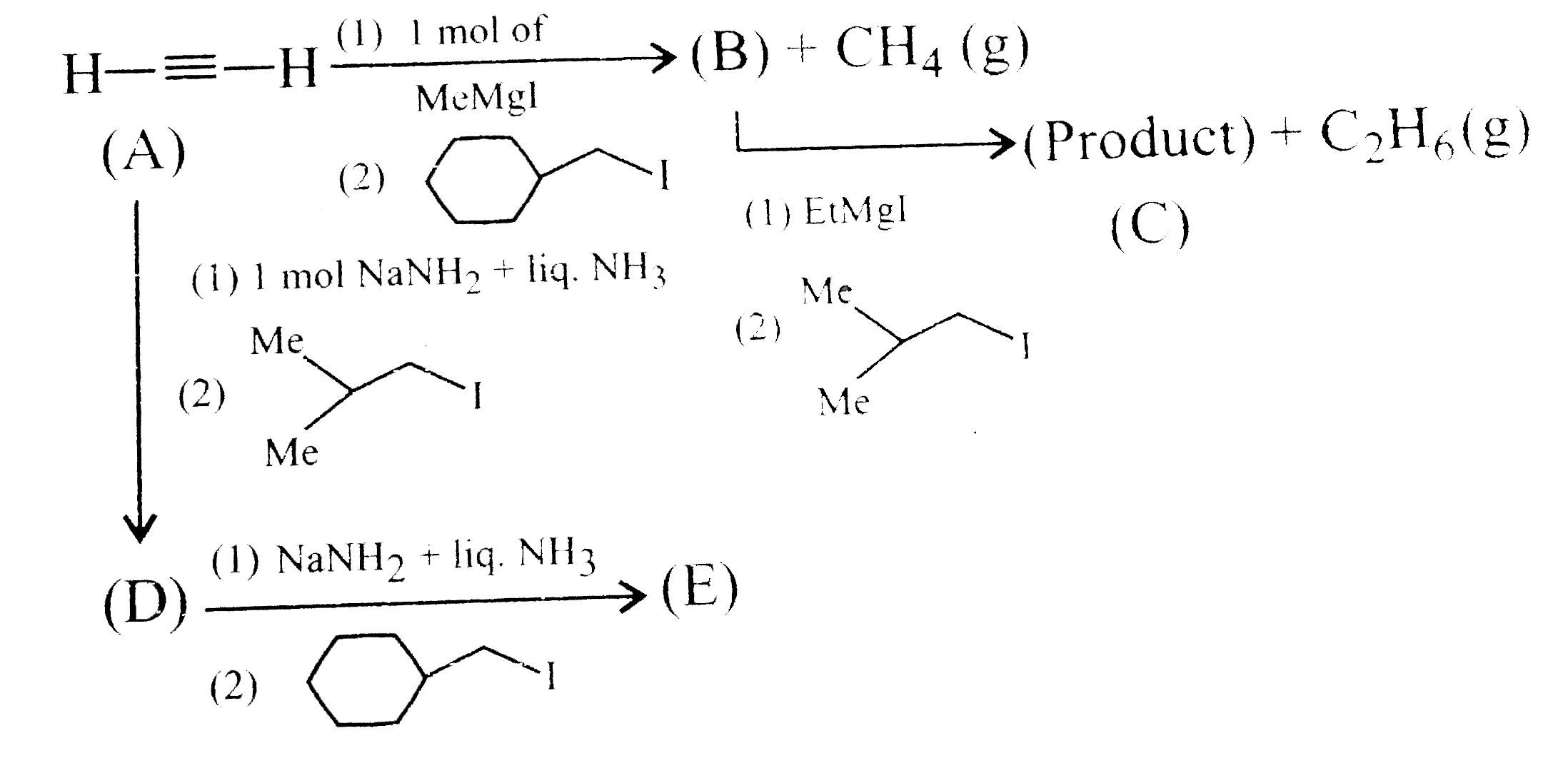
Product (B) is:
View Solution


